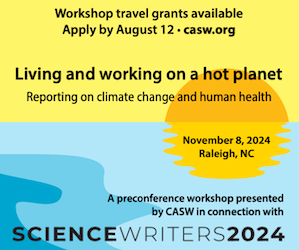"W.Va. Plant To Cut Storage of Deadly Chemical"
Bayer's plant at Institute, West Virginia, said that it would reduce by 80 percent its production of methyl isocyanate, the highly toxic chemical that killed thousands in the 1984 Bhopal disaster.
Source: AP, 08/27/2009











 Advertisement
Advertisement 




